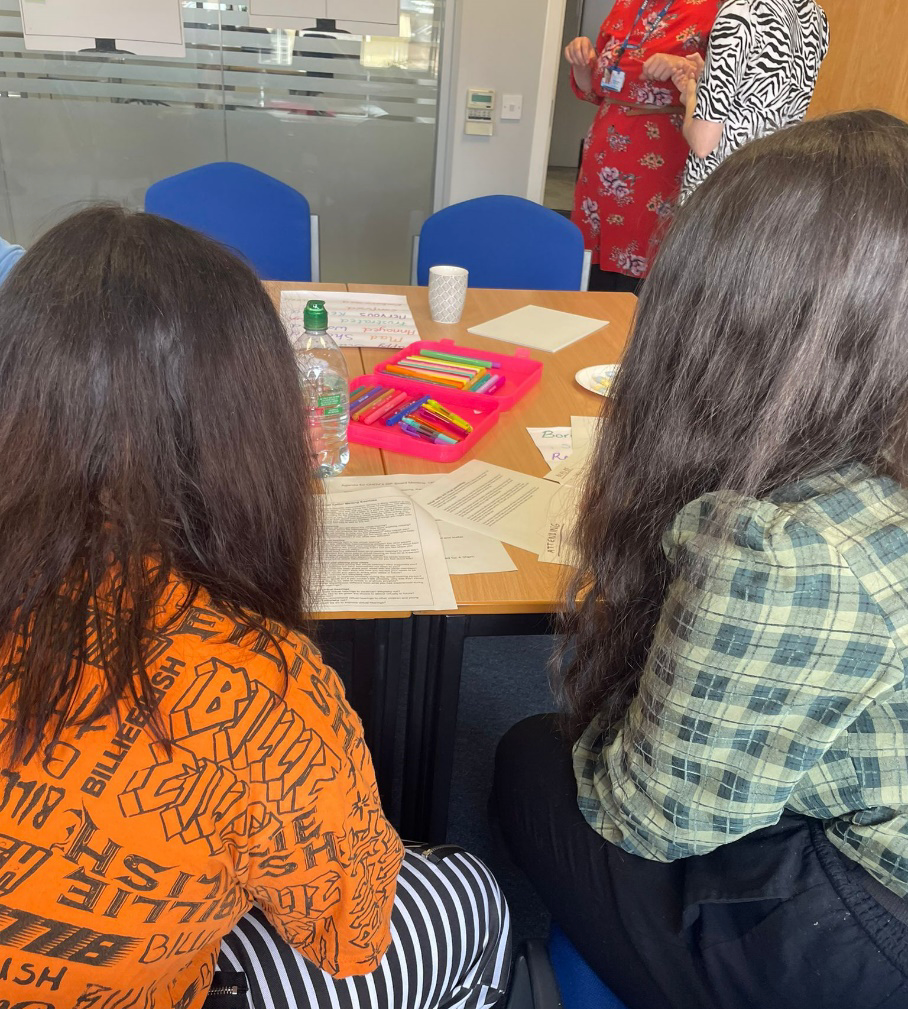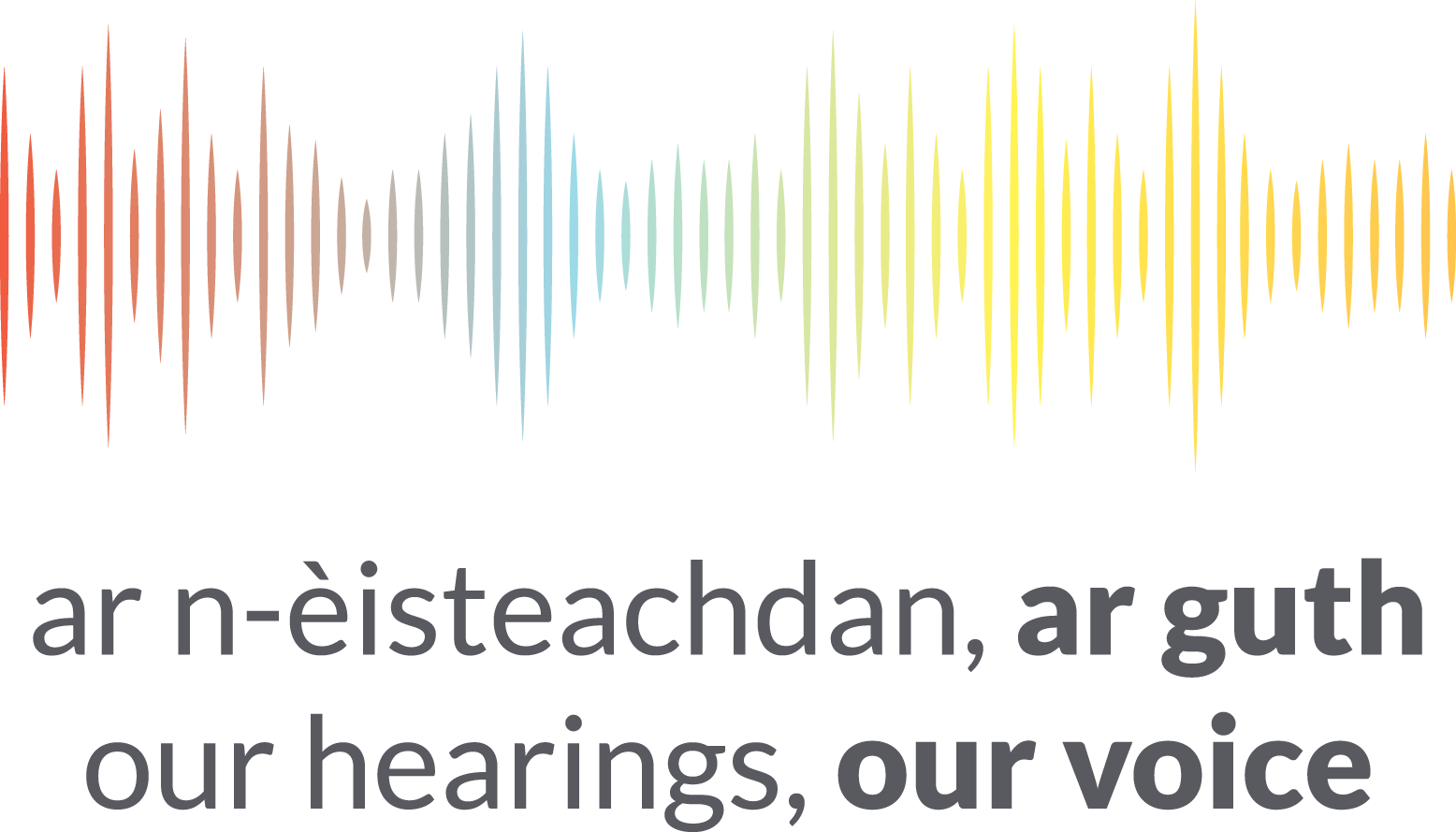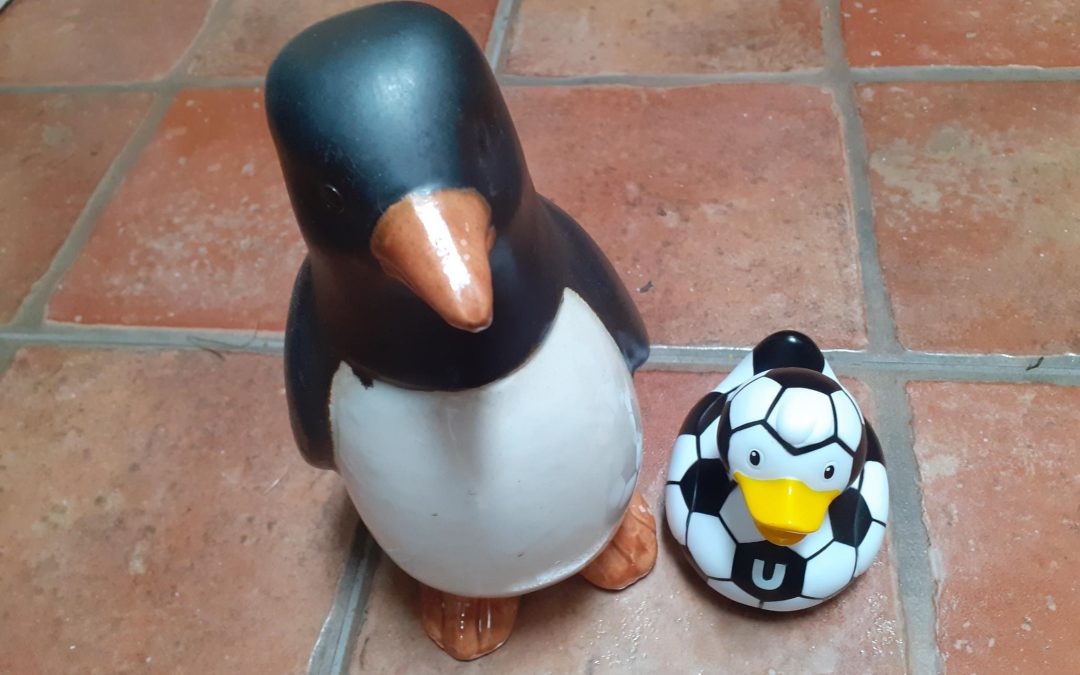Joining an established group such as OHOV can be a daunting experience for any young person. Navigating the group norms, dynamics, and unique way of working can take time, and until a new member has found their feet, they might not feel confident and comfortable enough to add their valuable voice to discussions and projects. The young people on the OHOV board were keen to address this and suggested we establish a peer-mentoring programme.
Amy and Gordon met with board members individually to get an idea of how our existing values of inclusion, empowerment, participation, and respect could underpin our approach. The young people shared their hopes and aims for the programme, some of which included:
- Friendship
- Skills development
- Confidence building
- Giving encouragement
- Helping each other to set goals
- Supporting new board members to participate in the work OHOV do
From these broad ideals we created a vision statement for our programme:
‘support mentees positively to express their voice with confidence and further the progress and success of OHOV’.
Once we had established our vision statement we co-designed a mentoring programme that reflected our group’s needs, placing relationship-building, trust, and equality at the centre, before coming together in June to undertake mentor training. During the training session we learned about active listening, different forms of communication, and goal-setting. The training provided everyone with the opportunity to identify any risks associated with a peer mentoring programme, and discuss how we could minimise these. The board identified confidentiality breaches as a possible risk and we developed a code of conduct to address this concern. We brainstormed solutions to potentially problematic scenarios that could come up during peer-mentoring and agreed on the role that Amy and Gordon would play in co-ordinating the programme, and offering support. The training session concluded with each board member receiving a certificate in recognition of the training they had undertook.
Since this session our board have produced an OHOV peer-mentoring handbook and have been matched with a mentor or mentee, depending on their years of experience with OHOV. We welcomed two new members of OHOV and were able to match each of them with an experienced mentor to support them in settling in. Our newest board member said that, “having a mentor helped me feel more comfortable and it helped to have someone to talk to during my first board meeting”. From this feedback it is clear that the peer-mentoring programme is already achieving what the young people had hoped it would. We look forward to developing the programme further and feel confident that peer-mentoring will enhance and support the great work our young people do as part of OHOV.


